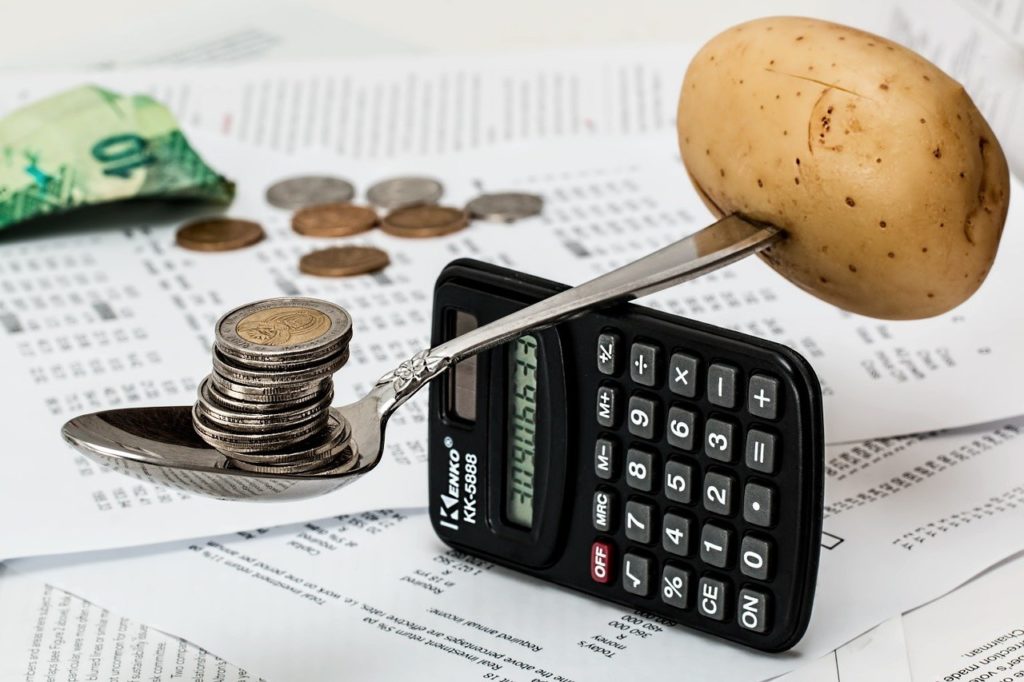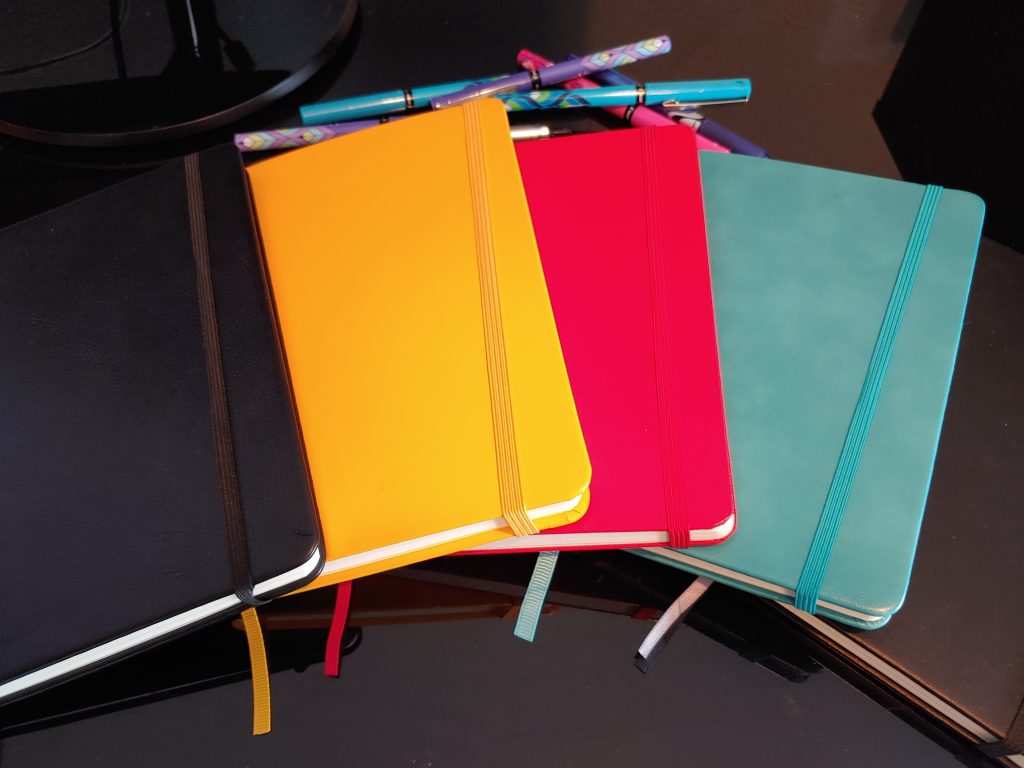What Does It Take To Admit You’re Wrong?
This is from my weekly email series, The Weekly Mixtape. I’d appreciate it if you did this right and subscribed. And don’t forget to check your Spam folder for the confirmation email!
Normally I don’t talk about the books I’m reading until I’m through them, but I’m making an exception. I just started on The Scout Mindset by Julia Galef, which opens with an interesting premise: why can some people change their opinions easily, while others fight tooth and nail against change no matter the facts?
This has been an issue likely from the dawn of humans, but the advent of the internet has made the entrenchment more obvious. I’m looking forward to reading more of Galef’s arguments.
So far, though, I’ve been pondering all morning how much I’m willing to admit I’m wrong.
For some areas, I like to think of myself as open-minded, willing to hear all points and adjust my thinking as new facts from experts arise. But for others, I’m guilty of entrenchment.
According to the introduction, both Elon Musk and Jeff Bezos went into their now massively successful ventures believing they had only a small chance of success (10% and 30%, respectively). I’m not sure I believe those numbers. Show me the contemporaneous documentation, rather than these industry titans reflecting on their journey.
We want to believe our efforts will be successful. There needs to be drive based on more than fleeting hope. Maybe those two are wired differently, where they can go into a venture thinking it will probably fail but still dedicate significant time and resources into that small chance of major success. But for most of us, we need to have more hope than that.
On the flip side, when we have that hope, what will it take to admit that we’re wrong?
If we believe our venture has an 80% chance of doing well, at what point will we admit that we’re in the 20%?
It’s never easy to admit that we’re wrong. It’s even harder when so much of our life is tied up in the need for success, however defined.
And we’re simply not wired to reanalyze everything, all the time, to determine if we should push forward or abandon ship.
In business, ideally you’d develop some metric ahead of time to know when it’s time to throw in the towel. Even that kind of admission of potential failure is hard, though.
What has worked for you? How have you figured out a way to know when you’re wrong, and be able to move forward with the new knowledge in your life?
The Links
For reasons that I’m still not sure will be valid (am I in the Scout Mindset or is my doubt my fixed mindset?), I’ve been posting a lot more to Medium recently. If you want to get the gamut of my writing, follow me over there.
- Looking for online tax help? Be careful who you trust.
- Yep, you can deduct side hustle meals. Sort of.
- Working freelance is both liberating and stressful.
- Freedom is being disliked by others.
- On a personal note, my grandma passed away last week.
- Finally (yes, I’ve been writing a lot) my son thought he had a friend at school. Turned out the kid was just like every other middle schooler.
Service Dog Update
This weekend we took Wilson to Elitch Gardens for my daughter’s very belated birthday party with friends.
This wasn’t his first trip to the theme park, but it was definitely his most crowded.
I’ll be honest, I was shocked how many people will do a drive-by pet. How many people will try to get his attention or otherwise distract him. When I had him, I felt like I had to shield the dog from everyone else.
I mean, I get that some people don’t know how to treat service dogs (especially kids), but grown adults should know that scratching the head of strange dogs is a good way to get bitten.
Weirdest of all, someone commented that, “Your dog is fake.” If he was making a satirical comment about how Wilson was a robot or a stuffed animal…then it was weird. But more likely he was commented that Wilson was a fake service dog.
Considering that having Wilson around meant that at least one member of our party couldn’t go on the rides, I don’t understand how bringing a fake service dog would have helped anyone. He was a considerable logistical problem that would have been solved by leaving him at home.
We took him along because it was good for him, not because it was good for us.
Anyway, despite the drive-bys, despite the huge crowds and mass of distractions, despite the weird accusations, Wilson was a champ. He might not be ready for certification yet, but he’s definitely making huge strides.





